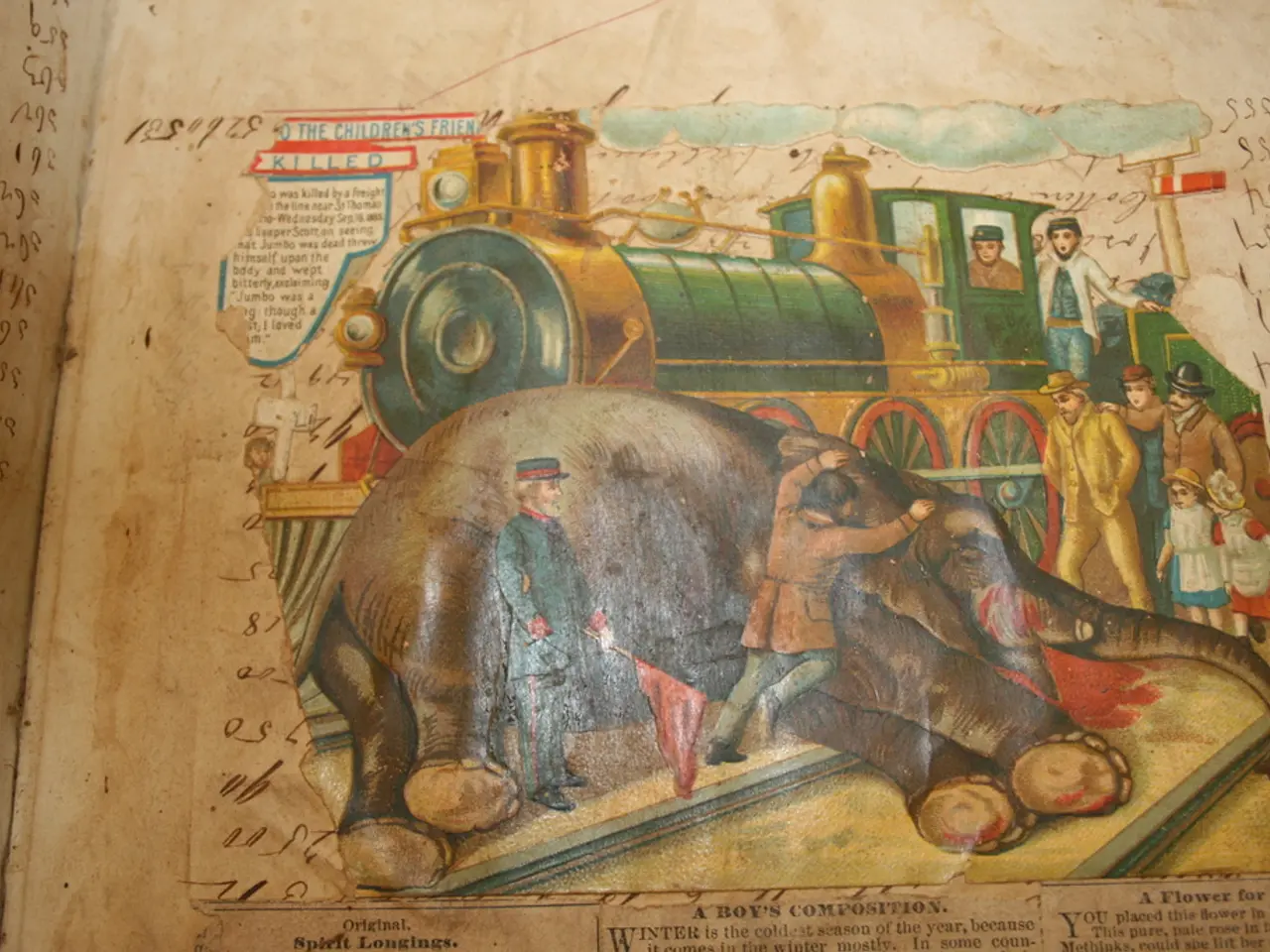Investment banker Mehmet Çakas was expelled from the country amidst ongoing legal proceedings
Mehmet Çakas, a Kurdish activist convicted for membership in a foreign terrorist organization (PKK), is scheduled for deportation from Uelzen prison to Turkey on August 28. The planned deportation has sparked outrage and concerns among human rights groups and politicians, who argue that Çakas may face torture and an unfair trial in Turkey [1][2][4].
Çakas was sentenced to two years and ten months in prison by the Celle Higher Regional Court last year, with the full sentence to be served in October 2025. Despite ongoing legal proceedings and concerns about his risk of torture and unfair trial in Turkey, the German government continues to push for Çakas' deportation.
The Cologne legal aid fund Azadi has called for public mobilization against the planned deportation, while Cansu Özdemir, a member of the Bundestag for the Left Party, has expressed outrage at the decision. The Çakas family warns of a potential precedent for systematic extraditions of Kurdish activists to Turkey if Çakas is deported.
Çakas had applied for asylum in Germany, which was rejected by the Federal Office for Migration and Refugees. He also filed a lawsuit, including an urgent application, which was dismissed by the Lueneburg Administrative Court six weeks ago without addressing the grounds for protection.
Çakas' lawyer believes the impending transfer is a legal novelty, as no one convicted in Germany for PKK affiliation has been deported to Turkey afterwards. The lawyer has filed a motion for a hearing, which is scheduled for September 8 - after the planned deportation date.
The planned deportation of Mehmet Çakas is seen as a slap in the face of ongoing peace efforts following the PKK's disarmament. The Worker's Party of Kurdistan (PKK) has begun disarmament following a call from imprisoned PKK leader Abdullah Öcalan, who has also called for an end to armed struggle in late February 2025 [7].
It is worth noting that Germany has deported a person convicted for PKK affiliation to Turkey after serving a prison sentence in Germany [3]. However, the implications of this precedent in the case of Mehmet Çakas remain a subject of debate.
Nobel laureates have written to Turkish President Erdogan calling for the release of PKK founder Abdullah Öcalan, but there has been no response from the Turkish government [5]. The PKK's self-dissolution has sparked hopes for peace, but is also met with skepticism.
As the August 28 deportation date approaches, the case of Mehmet Çakas continues to raise important questions about the balance between national security and human rights, and the role of the German government in upholding international norms and protecting vulnerable individuals.
[1] https://www.dw.com/en/germany-to-deport-kurdish-activist-convicted-of-terrorism/a-59121412 [2] https://www.thelocal.de/20210812/germany-to-deport-kurdish-activist-convicted-of-terrorism [3] https://www.dw.com/en/germany-deports-kurdish-activist-to-turkey/a-59313106 [4] https://www.reuters.com/world/europe/germany-plans-deport-kurdish-activist-convicted-terrorism-2021-08-12/ [5] https://www.al-monitor.com/originals/2021/08/turkey-nobel-laureates-call-for-release-of-pkk-founder-abdullah-ocalan.html [6] https://www.dw.com/en/germany-to-deport-kurdish-activist-convicted-of-terrorism/a-59121412 (mentions Rouba El-Husseini and Hazel Ward, but no new fact is extracted about them) [7] https://www.dw.com/en/pkk-leader-abdullah-ocalan-calls-for-end-to-armed-struggle/a-59098014
Despite the ongoing legal proceedings and concerns about Mehmet Çakas' risk of torture and unfair trial in Turkey, the German government insists on pushing for his deportation, sparking outrage among politicians and human rights groups. The planned deportation of Çakas also raises questions about the balance between national security and human rights, particularly in the context of general-news, politics, and crime-and-justice.
The ongoing peace efforts following the PKK's disarmament are met with skepticism, as the planned deportation of Çakas, a Kurdish activist, could set a general-news precedent for systematic extraditions of Kurdish activists to Turkey, potentially undermining international norms and the protection of vulnerable individuals.





